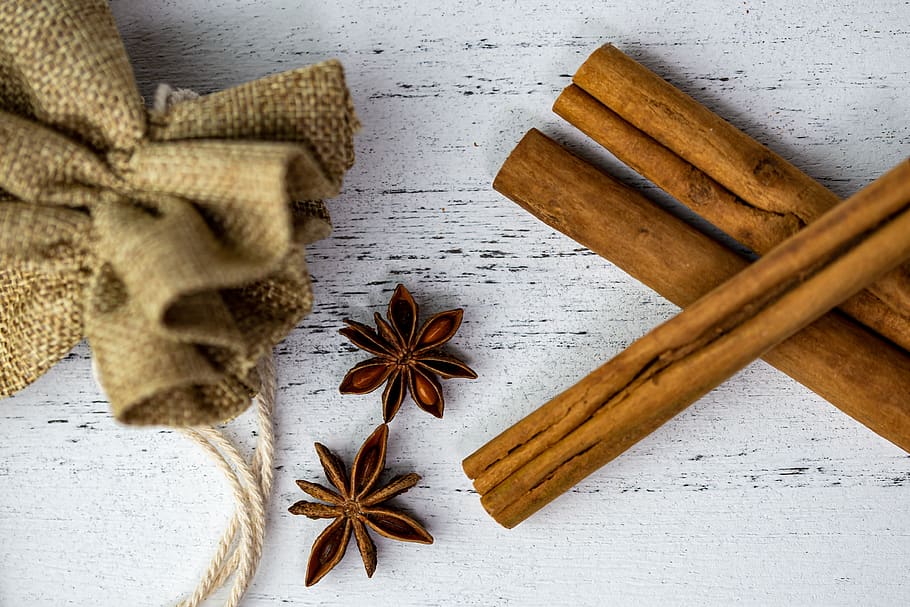Role of Spices for Diabetes Control :-
The use of spices and herbs should be a part of patient’s nutritional diet plan as they have demonstrated their effectiveness in
lowering blood glucose, boosting insulin sensitivity, reducing high blood pressure and cholesterol, etc.
When spices are consumed in moderation, health benefits can be derived, however, an overdose of any spice can lead to indigestion or even ulcers. Black pepper aids in digestion, congestion, an upset stomach and can also help stop the bleeding on a cut when applied topically. It also has all the essential nutrient contents. It promotes weight loss and relieves toothache.
So here is list of few spices and their benefits in combating diabetes and blood sugar levels :
-
Clove –
An equivalent of one or two cloves per day helps to improve cardiovascular anddiabetes risk factors in T2DM.
-
Cinnamon –
High levels of circulating insulin can lead to many of the secondary signs of diabetes such as nerve, kidney and eye problems as well as build-up of plaque in the arteries. Cinnamon increases insulin efficiency and hence is very helpful in diabetes.
-
Ginger –
Ginger is a very famous herb known for its intense flavor and warming aroma. A clinical study showed that ginger increases insulin sensitivity and affecting carbohydrates metabolism, thereby leading to greater glucose absorption in the muscles. Ginger also has the potential to help reduce the risk for diabetes complications due to its lipid-lowering effects.
-
Garlic –
Garlic has been recommended to help reduce high cholesterol levels and high blood pressure thereby reducing the incidence of heart disease. Raw garlic might be helping in diabetes control by reducing blood sugar levels as well as reduce the risk of atherosclerosis. This is particular interest as diabetes increases a person’s risk of atherosclerosis-related inflammation
-
Fenugreek Seeds –
The seeds contain fibre and other chemicals that may slow digestion and the body’s absorption of carbohydrates and sugar. A study showed that daily dose of 10 g of fenugreek seeds soaked in hot water may help control T2DM.Another study suggested that eating baked goods such as bread made with fenugreek flour may reduce insulin resistance in people with T2DM.
A quick guide to use spices :-
- The recommended doses of turmeric by The University of Maryland’s Complementary and Alternative Medicine Guide are:
– Cut root:1.5–3 g per day
– Dried or powdered root:1–3 g per day
– Fluid extract (1:1):30–90 drops per day
– Tincture (1:2):15–30 drops, 4 times per day. - A pinch of turmeric on scrambled eggs, on top of roasted vegetables, rice, in soup or just to a plain glass of milk.
- While preparing green tea, it is recommended to add ginger as it adds to the flavour as well
as helps keep the upper respiratory tract clear.
To prepare basil ginger tea: Take one cup of water, add 5 basil leaves, 3–4 ginger slices, 1 tsp tea leaves and 1/4 cup of milk. Boil for 5 minutes and remove from heat. Strain and 30 serve. Add honey (in moderation only) to replace sugar. - Soak a cinnamon stick in warm water and drink it with a drop of honey about two-three times a day,this helps soothe a scratchy throat
Mix cloves, basil, cardamom and mint in tea and replace the sugar with honey. This drink will calm nerves and help de-stress. - Fenugreek seeds (methi dana): Soaked fenugreek seeds can be consumed on an empty stomach. This will help relieve acidity. Methi dana is excellent for regulating blood sugar. People with diabetes benefit a great deal from consuming fenugreek water. Sprouted
fenugreek is even better as it has 30–40% more nutritive properties over soaked fenugreek seeds
Effectiveness of curcumin in diabetes :-
A study found that people with prediabetes who were given curcumin for a period of 9 months were less likely to develop the fullblown condition.
- Controls blood sugar
- Protects against diabetes
- Improves function of β-cells that make insulin in the pancreas
- May reduce diabetes-related complications: In a clinical study, researchers gave test subjects curcumin over a long period of time. As a result, these people appeared to have fewer symptoms of liver disorders. The compound curcumin was also reported to be active against diabetic vascular disease,and it seems to speed wound-healing
If you like this article please share with your friends and family.



